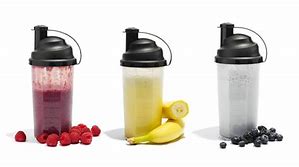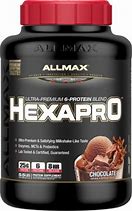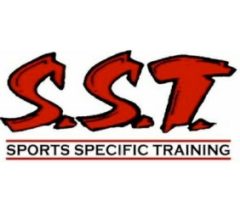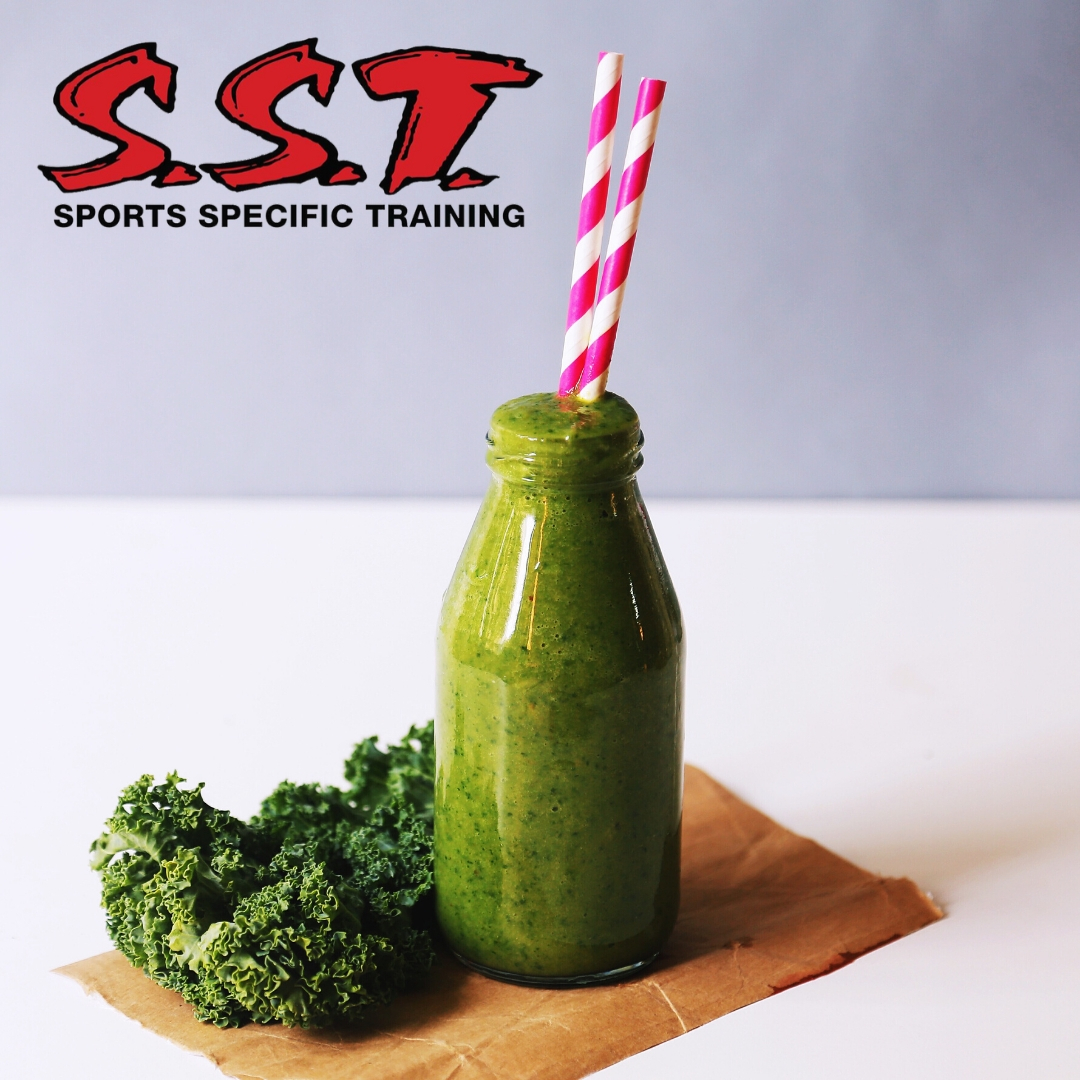
People have recently started to question the idea of an ‘anabolic window’ post-exercise and whether we really need to eat or have that protein shake after our work-out. But where these opinions fall short is in the interpretations of the current research and literature to an athletic population.
The idea is that a recent meta-analysis found that our total protein intake over a day is more important than the amount of protein we eat after our workout for building muscle mass, and while this is great information it largely gets mis-interpreted in the media. This is because while total protein intake during the day is more important than the amount we eat during the anabolic window (time after exercise where our ability to absorb nutrients is increased). If we are an athlete why wouldn’t we want to take advantage of this time of increased nutrient absorption? Even if the advantage of eating post-workout is smaller than we originally thought, most sporting events are decided a fraction of a second or a very small percentage, so if we aren’t taking advantage of this window (when our competitors are) then we are sure to fall short in competition. As athletes we must remember that we are in the performance business and not the physique business. While having a low body-fat percentage a key contributor to athletic performance, if we are not fueling our bodies properly than we will not be able to perform no matter how low our body fat percentage is. Also remember that protein does A LOT MORE for our bodies than just build muscle, and helps other bodily tissues recover, repair, and regenerate post-exercise.
Furthermore, for a lot of our athletes they are partaking in two training sessions on most days (one sport session; one lifting session), so in this scenario is it really practical to post-pone eating after one session and not re-fuel before the next one? Does it ever make sense to not fuel before a session when we are in the performance business? Athletes who fuel better, perform better. Athletes who eat breakfast perform better. Therefore, we don’t usually recommend intermittent fasting to our athletes either. While it is totally possible to train after an overnight fast or a prolonged fast period (cue fasted cardio proponents), if it is going to affect our performance in that workout or training session is the small advantage we might get in body composition going to be worth it? This is like popular ketogenic diets (as we don’t generally recommend these to our athletes), as most studies have found performance isn’t improved with these diets (even though body composition might). This doesn’t make us promoters of high carbohydrate diets, but we do need to refuel the glycogen stores in our muscle that our athletes exhaust with high-intensity exercise bouts, especially following competition.

Bottom Line: If you are not taking advantage of nutrient timing and the post-exercise window as an athlete you are missing out on important opportunity to fuel, regenerate, and repair your body for optimal performance. For athlete’s there is really no situation where it is a good idea to delaying feeding after exercise no matter what you’ve heard on social media.
Here are some guidelines to help maximize your post-exercise nutrition:
Post-Exercise Maximize Glycogen Re-Synthesis (within 30 min):
HIGH GLYCEMIC CARBOHYDRATES 1-1.5g/kg/hr
ADD PROTEIN! 0.25-0.5g/kg/hr enhances effect; as long as <1.2g/kg/hr
Example (70kg individual) ***individual needs may vary***
- ~70g CHO/HR ~30g PRO/HR
- (Large Banana, English Muffin with Jam, Protein Drink)
Click here to Book your nutrition session today to ensure your diet and training are working together to have you at peak performance!
Click here to visit our online store to order your Protein today!

